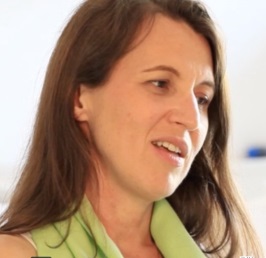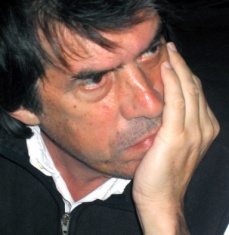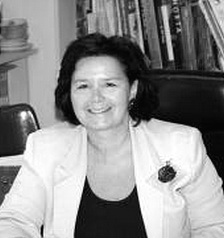Mariana Correia
President of the Board of Directors, Escola Superior Gallaecia, Portugal
Mariana Correia has a PhD in Heritage Conservation on World Heritage Sites (OBU, Oxford, UK); an Earthen Architecture Master Diploma (CRAterre-ENSAG, France); and a Masters and Architecture degree (University of Lisbon, Portugal). She is the President of the Board of Directors at Escola Superior Gallaecia and Director of CI-ESG Research Center at ESG. She is also the Project Leader of the European project VerSus (‘Lessons from Vernacular Heritage to Sustainable Architecture’) and the Portuguese FCT research project SEISMIC-V (‘Vernacular Seismic Culture in Portugal’).
International Consultant since 2010 for ICOMOS, regarding assessment of World Heritage Sites. She also represented ICOMOS at the UNESCO-ICOMOS Joint Reactive Mission to Arg-E Bam, in 2011. She is an Evaluator for the World Monument Watch since 2011; Steering Committee Member (2012-2014) of the program WHEAP-UNESCO; President of the Steering Committee of the Earthen Architecture Centre of Mopti in Mali, from the Aga Khan Trust for Culture; Nominator for the Aga Khan Award for Architecture; and Steering Committee member of the annual Festival ArchiTerre from the Algerian Ministry of Culture (since 2011).
Member of the Board of Trustees of two Heritage Foundations, the Portuguese Foundation Convento da Orada and the Spanish Foundation Antonio Font de Bedoya. She is co-founder of the Iberian Prize on Vernacular Architecture Research. She is also a ICOMOS-ISCEAH and ICOMOS-CIAV expert; Coordination council member of the Iberian American Network PROTERRA and International Coordinator of PROTERRA, from 2011 to 2014; UNESCO Chair-Earthen Architecture Scientific Committee member.
Editorial Advisory Board member of 2 international Journals; Author and editor of 18 books in earthen architecture, vernacular heritage, sustainability and conservation. She presented more than 150 papers, and gives lectures and keynote openings worldwide.














